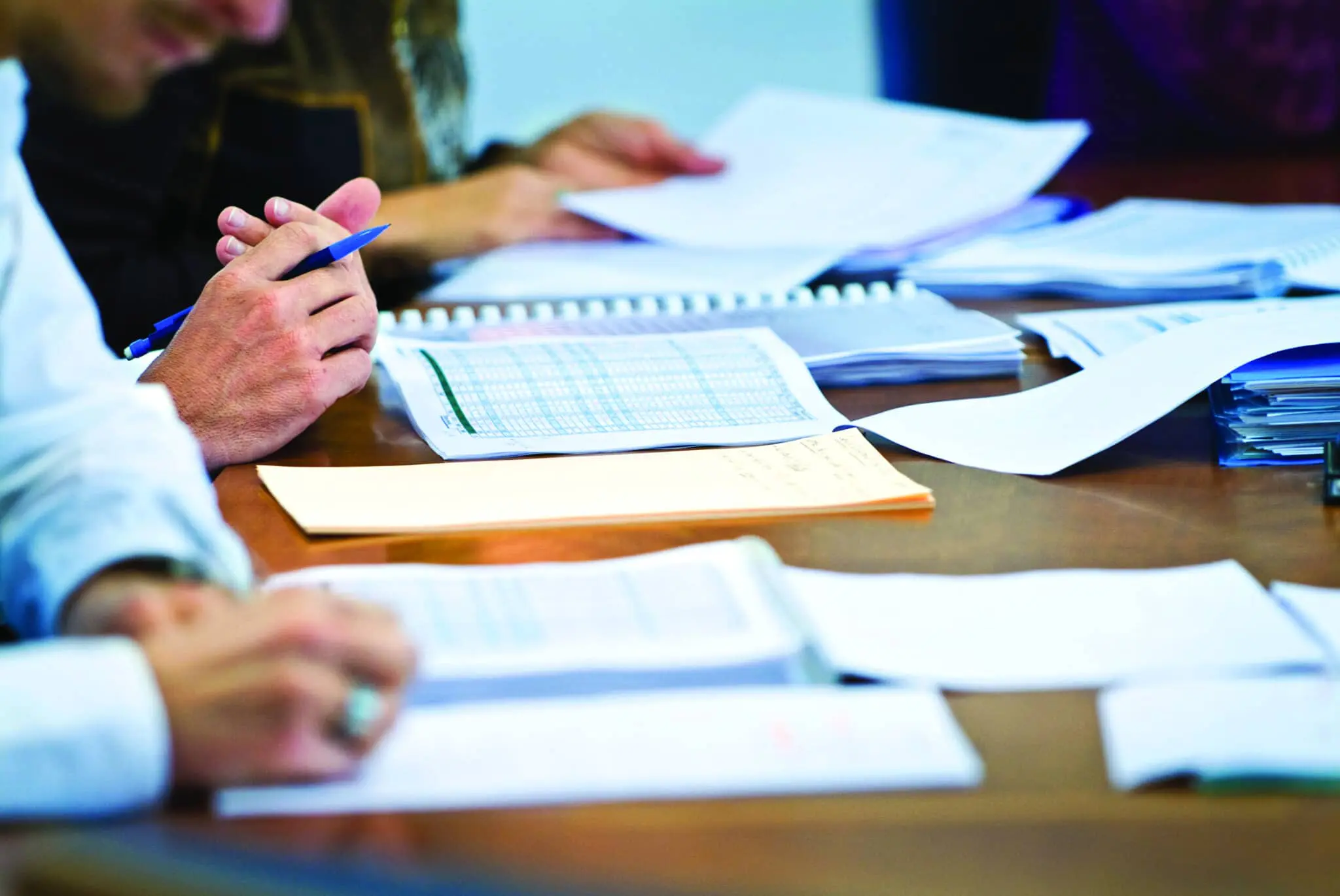Ryan Estrellado is an educator in San Diego, where he helps design services that promote equity in schools. Ryan is a co-author of Data Science in Education Using R and the author of the upcoming book The K-12 Educator’s Data Guidebook: Reimagining Practical Data Use in Schools.
Educators face a tough problem: there’s a lot of data available to them and it’s not always clear how to act on it. Struggling with a global pandemic complicates the problem further. The resulting stress of using distance learning for the first time, worrying about the well-being of their own children, and being sensitive to widespread mental health needs can make thinking about data less of a priority. Questions about how COVID-19 is influencing student outcomes further complicate data use.
When there’s no clear way to act on data, educators sometimes defer to “data people.” But in fact we all have something in our skill set and natural interests that can be a practical entry point for using data well in our education jobs. I’ve met teachers, principals, and district leaders who have wonderfully analytic mindsets, but probably wouldn’t think of themselves as data people.
The way we see ourselves as consumers of data and contributors to good data use can hold us back, or it can reframe how we use data all together. Let’s look at two ways we can shift our perception of practical data use and discover where each of us fits into a student-centered data culture.
Good data use is done by data people, not a data person.
First, I’ve learned to shift from imagining practical data use as a job for one person to a job for two or more people. When I look at the best data analyses I’ve worked on—building a predictive data tool, exploring and sharing equity data in special education, or co-designing data presentation materials—I see groups of people combining their skills to produce good data work. I think it takes a few different skills to create the conditions for practical data use in schools. And some of these aren’t what we usually think of as technical. The following are a few skills I’d want represented in a school data dream team:
- Deep education content knowledge in a relevant topic, like math or special education
- Knowledge and experience in how school systems work and change
- Experience and practice in finding, reading, and sharing research
- Proficiency with data analysis tools for making visualizations and using statistics
- Skill in telling a compelling and engaging story
Sometimes it helps to have just one other person as a data partner. Take this example from a past Data Quality Campaign blog post. In the post, Jen Martinez shared her story about a partnership she formed with her child’s teacher. During a parent-teacher conference, Ms. Martinez and her child’s teacher talked about how to interpret grades on a report card. She wrote about learning to look beyond the letter grade and into how that grade could describe her child’s learning. The combination of the teacher’s knowledge about grading procedures and Ms. Martinez’s role as a parent formed a very practical use of data indeed:
This teacher was so valuable to me because she taught me how to read my child’s report card in a data-literate way—digging deeper into the data to learn how to best support my children.
Ms. Martinez even used the power of storytelling at the Florida PTA to share what she’d learned with policymakers.
We’re all great at something, but not everything.
The second mind shift is to look at your own skill set and identify the gifts that can contribute to a strong, student-centered data culture. Relieve yourself of the unrealistic pressure to be good at all data-related skills. Instead, identify one to three data skills you do have. And if you don’t think you have any, that’s okay too. Pick one that excites you and set up a daily practice to start developing it.
Personally, I have a natural interest in statistics. That’s fortunate for me, because that’s what a lot of people associate with good data use. But when I make a list of teachers and administrators who use data well, I find that very few share the same interest in statistics. That’s because there’s so much more to strong practical data use in schools than understanding statistics or using software tools.
Do you find yourself poring through student work searching for that data point that will show you how to change your teaching tomorrow? Do you have a knack for taking complex ideas and sharing them with wide audiences without watering down the essence of the idea? Are you the person at every staff meeting that takes ambiguous goals like “improve school culture” and transforms them into actionable items for daily practice?
All these skills play a role in practical data use in schools. They are all part of taking information—charts, research papers, spreadsheets, and survey results—and transforming them into new daily practices that become the stuff of meaningful change for students.
Take action.
Try getting together with a group of colleagues and reviewing this list of data skills: content expertise, experience with systems change, finding and sharing research, data analysis tools, and storytelling. Pick one that you’re drawn to and discuss how you use it in your daily practice. You might start to see where your personal entry point to good data use is. And when you can see that, you just might start seeing yourself as a data person.


